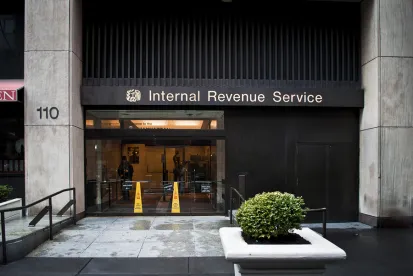In 2015, after repeated efforts by Nina E. Olson, the National Taxpayer Advocate, Congress enacted the Taxpayer Bill of Rights (TBOR) in Internal Revenue Code (Code) Section 7803(a)(3). We have previously written about TBOR here, here and here.
Since TBOR was enacted, the IRS has issued information on its website regarding the 10 rights contained in Code Section 7803(a)(3). The IRS provides a summary of these rights. Additionally, the IRS has provided specific information on these rights. To summarize, the 10 rights are:
-
The right to challenge the position of the Internal Revenue Service and be heard.
-
The right to appeal a decision of the Internal Revenue Service in an independent forum.
The Code does not specifically provide for remedies if the Internal Revenue Service (IRS) violates any of the rights. To date, no court has opined on appropriate remedies for a violation of TBOR. However, one taxpayer is currently challenging the fifth right, the right to pursue IRS Appeals.
Practice Point: TBOR is an important development in the administration of the Code. Now we are seeing taxpayers trying to use TBOR as a sword against actions that may violate TBOR. Taxpayers and their representatives should carefully review Code Section 7803(a)(3) to determine whether the IRS is adhering to the ten rights and, if not, consider whether to take appropriate action to ensure that their rights are being protected.
The 3rd International Conference on Taxpayer Rights will be held in The Netherlands on May 3 – 4, 2018. I will be speaking at the conference on the subject of Taxpayer Rights in the Administrative Phase, along with panelists from Chile, Greece and the United Kingdom, which will touch on TBOR. As we did last year with the 2nd International Conference on Taxpayer Rights, we will provide a recap of the conference.



 />i
/>i

